Michael Musherure never wanted to be a teacher. Long before students started writing him letters, praising his compassion and thoughtfulness, he dreamed of becoming a lawyer. But after he finished high school in Uganda, where he grew up, Musherure didn’t have the grades to get into law school.
So his parents gave him an ultimatum.
“You have to become a teacher,” they told him.
He taught for a decade in Uganda, before moving to Vancouver and receiving his provincial teaching certification from the University of British Columbia in 2006. He worked in various schools across the Lower Mainland as a teacher-on-call, and finally earned a full-time position as an English teacher at Surrey’s Earl Marriott Secondary School in 2011.
Throughout those years, he fell in love with teaching.
Musherure enjoyed working with young people specifically. He loved to see them grow, develop and become independent.
“I became a teacher resenting it,” Musherure said. “But looking back, I think it was the best thing that’s ever happened to me.”
Musherure’s passion to teach was undeterred by various instances of racism he faced in B.C.’s education system.
In 2020, following the death of George Floyd, Musherure took to Twitter to speak up about the racism he endured. He talked about being egged, called the N-word and threatened to be shot while teaching at school.
After tweeting about his experiences, multiple people started reaching out to Musherure — including Melanie Scheuer, a colleague in the Surrey School District. Scheuer, who teaches at Frank Hurt Secondary, told Musherure that she wanted to create a course dedicated to Black studies, and asked if he wanted to collaborate on the idea together.
Musherure agreed. A third teacher, Manvir Mander, who teaches social studies at L.A. Matheson Secondary in central Surrey, also joined the group.
Roughly two years later, as advocates across the province clamoured for a provincial Black history curriculum, the course founded by three Surrey high school teachers was approved by their school district. And earlier this month, when the second semester of the school year began after students returned from the winter holiday break, Scheuer and Mander welcomed the first class of students in Black Studies 12 in their respective high schools.
Across town, Musherure eagerly assisted with the launch of his course.
He engaged in the trio’s WhatsApp group chat. He and Scheuer met with the school board to get books they wanted to teach approved. He was excited about the future for youth in his district.
But Musherure couldn’t teach himself, yet.
There weren’t enough students in his school who signed up for the course.
A registration technicality
The lack of Black Studies 12 registration in Musherure’s school isn’t an indication of the quality of his teaching. Nor does he believe it exemplifies the interests of the majority of students in the school district.
Musherure thinks that the course’s designation as an elective may have impacted the registration numbers this year.
Students who complete Black Studies 12 receive four credits for graduation. However, unlike similar humanities courses that intersect with history and the social sciences, students aren’t able to use Black Studies 12 credits towards a social studies (known colloquially by students and teachers as “socials”) graduation requirement.
“If you do Asian Studies, then you get credit for socials,” Musherure said. “[But] if you do Black Studies, you still have to do a Grade 12 socials or other applicable course for graduation.”
JB Mahli, director of instruction and racial equity at the Surrey School district, said that it’s a technicality in the provincial graduation requirement.
The provincial government has a list of courses that can be used to satisfy specific graduation requirements, like social studies.
He commends the three teachers for spearheading the creation of Black Studies 12, and believes the course will be a perfect candidate to be incorporated into the province’s social studies requirement in future years.
“There are specific courses that should be elevated to a provincial level,” he said. “Black Studies 12 is an excellent example.”
Sharing Indigenous knowledge
Melanie Scheuer has been teaching in B.C. for over a decade.
Over the course of her teaching career, she noticed a significant void in Black studies. She says most of the curriculum she taught was one-sided, male-dominated, Eurocentric material that didn’t allow for Black or other racialized students to see themselves represented.
“There is an over 400-year history of Black people on these Indigenous lands,” she said. “So it was really important to begin that conversation and question, ‘Well, why isn’t [Black Studies] in the curriculum?’”
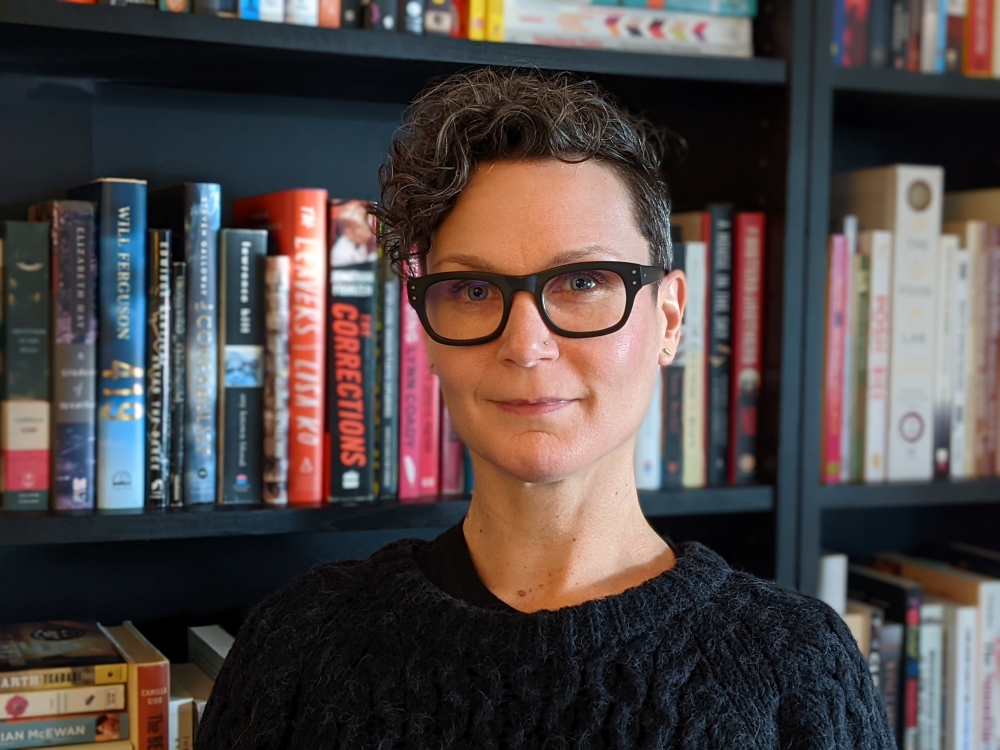
After she formed the group with Musherure and Mander, the trio devised a curriculum that incorporates local Indigenous perspectives and global perspectives on Black history. They brought it to Surrey’s board of education last year, and the course was greenlit for the 2022-23 school year.
“Because of white supremacy, settler colonialism, a lot of Black and Indigenous peoples have shared lives, have worked together, resisted together, and continue to do so,” Scheuer said.
The course invites students to analyze how race, socio-economic status and other identity markers have been formed through colonialism on the lands they now call home.
The teachers hope those lessons will give students context before they learn how colonialism and enslavement contributed to the African diaspora, which saw a mass dispersion of people from Africa across the world.
“There’s so many layers to this that we need to unpack,” Mander said.
“It’s the shared histories of oppression and genocide between Black and Indigenous communities, but also the shared histories of resistance, joy and celebration.”
A chance for students to see themselves in the curriculum
The creation of a Black Studies 12 course in Surrey comes following years of activism in the province to update the provincial curriculum and add a mandatory course on Black history in Canada in all schools.
In 2020, the Vancouver school board approved a Black history elective. Last February, however, a group of teachers, activists and parents sat down with former B.C. education minister Jennifer Whiteside to brainstorm how the province could include Black history in all B.C. schools. The meeting came three years after a petition racked up nearly 5,000 signatures asking for the integration of Black history into the province’s school system.
Markiel Simpson is a member of the BC Community Alliance, a local organization that aims to combat anti-Black racism through education policies. He is advocating for the introduction of a Black history curriculum with a Canadian focus in B.C. schools.
He got involved in education advocacy after seeing his sister experience racism in an elementary school outside of this province.
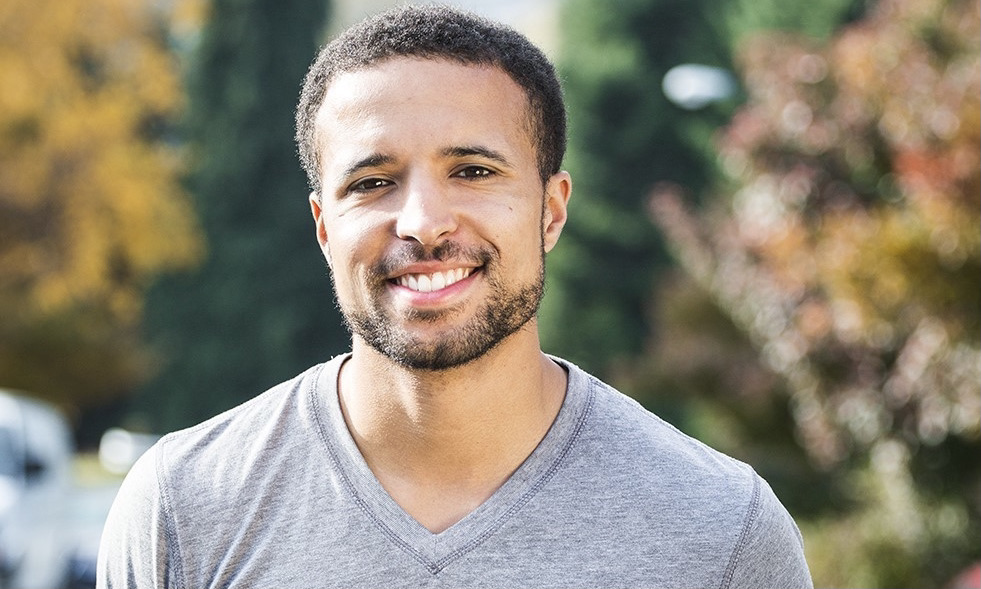
“I was talking to her about it and telling her basically, ‘That’s how it goes.’ Because I have yet to speak with a Black person who was educated in B.C. or Canada who didn’t experience anti-Black racism in schools,” Simpson said.
In large part, Simpson said, racism is taught to people from family members or peers at school.
Growing up in Vancouver, Simpson learned about the transatlantic slave trade and the Underground Railroad. But he did not learn about the Black people in Canada who shaped B.C., such as Mifflin Gibbs, who became the first Black person elected to public office in 1866.
“Although Black Canadians have had a large impact in shaping the country and province, the framing that we’re often seeing in media is negative, we’re less than,” Simpson said. “And this perpetuates systemic racism.”
Annette Henry, a professor in UBC’s department of language and literacy education, applauds the three Surrey teachers for taking a global approach to the course.
In many Canadian classrooms, she says, the focus on U.S. civil rights topics — including activists such as Rosa Parks and Martin Luther King or historical, wide-ranging initiatives of resistance like the Underground Railroad — is not uncommon. And while those are important topics for learning and reflection, they don’t do the important work of teaching young people about Black experiences in Canada.
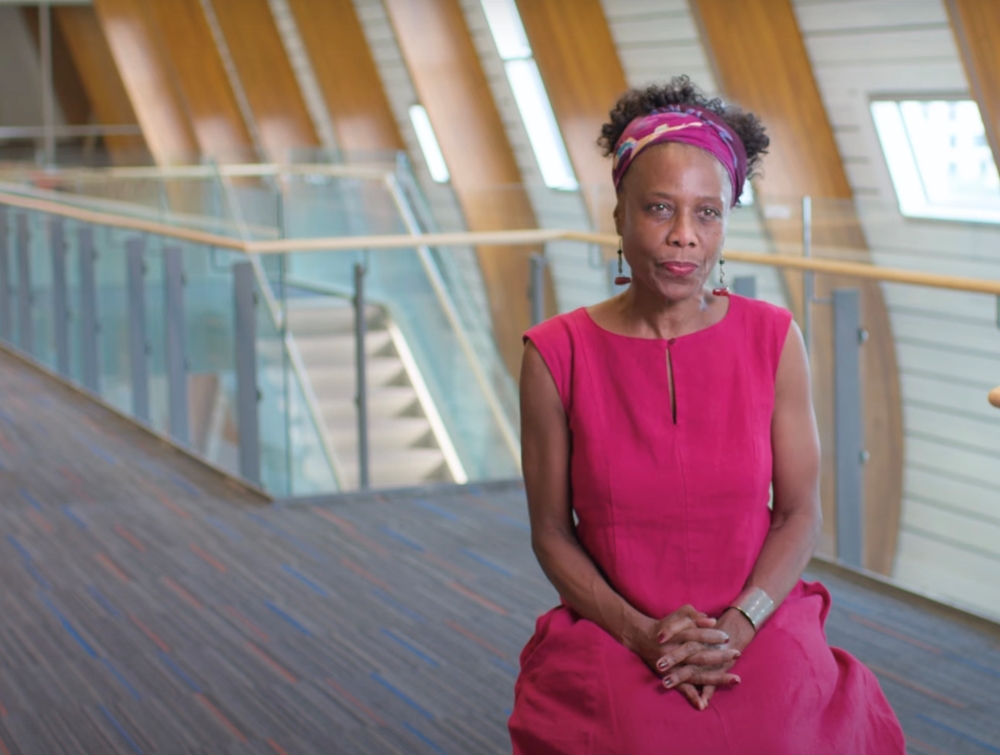
By gaining a more fulsome understanding of the Black diaspora in Canada, Henry hopes that students will be able to take a step back and learn how systematic racism isn’t a new issue.
“When they have some analysis, and a point of view, they don’t see things as a one-time event,” Henry said. “They see the systematic ways that colonialism, or capitalism, has played in slavery…. We can see that there’s reasons why certain things are happening to certain people in society.”
Simpson looks back on his time as a student in the B.C. public education system. If he had the chance to learn more about Black history, he believes that his eyes would have been opened to trying a wider range of career paths. Oftentimes, he says, Black people don’t see themselves reflected in school curriculums, and stereotypes can have the effect of restricting them to certain pathways.
“Black students are being geared towards certain fields and certain curriculums,” he said. “Whether it’s lesser levels of mathematics, or only being seen as student athletes.”
Change takes time
Simpson was one of the people who sat down with the former education minister last February.
Although he felt like the group made headway on forming a relationship with the province, he believes progress has been stalled in part by turnover in the ministry.
Since he began his advocacy work in 2019, three separate education ministers have taken the helm: Rob Fleming, Jennifer Whiteside and Rachna Singh, who was named minister in December after serving as parliamentary secretary for anti-racism initiatives.
Despite the changes, Simpson has already had a meeting with Singh and is encouraged with her previous work on anti-racism.
“I’m heartened to know that the current minister of education has probably the strongest equity lens we could ask for in this government,” Simpson said. “I’m not sure if there’s ever been a government in B.C.’s history so well-positioned to take on this particular task.”
Last month, the provincial government unveiled an anti-racism plan to tackle discrimination in schools.
In an interview with The Tyee, Minister Singh said a big part of that plan was to raise awareness and create resources to improve the school experience for racialized students, staff and faculty.
She added that the ministry hopes to work with advocates to incorporate Black history in the provincial curriculum.
However, she admits that those changes take time.
“We will definitely have more discussions with Markiel and his organization,” she said. “This is an ongoing process, and I’m committed to working on it.”
Singh, who is also MLA in the Surrey-Green Timbers electoral district, added that she was encouraged to see the Surrey teachers in her home district take on the initiative of launching a Black Studies course.
She is hopeful that other school districts will adopt similar courses.
‘Black history is Canadian history’
Although Black Studies 12 has launched recently, Musherure still asks why this hasn’t already been a priority for the province, which sets the K-12 public school curriculum in B.C.
“How can you talk about Canadian history without talking about Indigenous history?” he asks. “How can you talk about Canadian history without talking about the first Black man that came and was interpreting for the Europeans and interacting with Indigenous peoples here?”
Instead of making courses like Black Studies 12 an elective, which is selected only by students who want to learn about that history, Musherure thinks it should be a mandatory part of the curriculum.
He works with high school students on a daily basis and sees, firsthand, the passion they have for learning. Especially about issues that have been historically underrepresented.
They don’t think like adults, he says. They think outside the box.
Musherure insists that the creation of more courses like Black Studies 12 that challenge the traditional narrative will cultivate innovation, creativity and renewed understanding for years to come. ![]()
Read more: Rights + Justice, Education


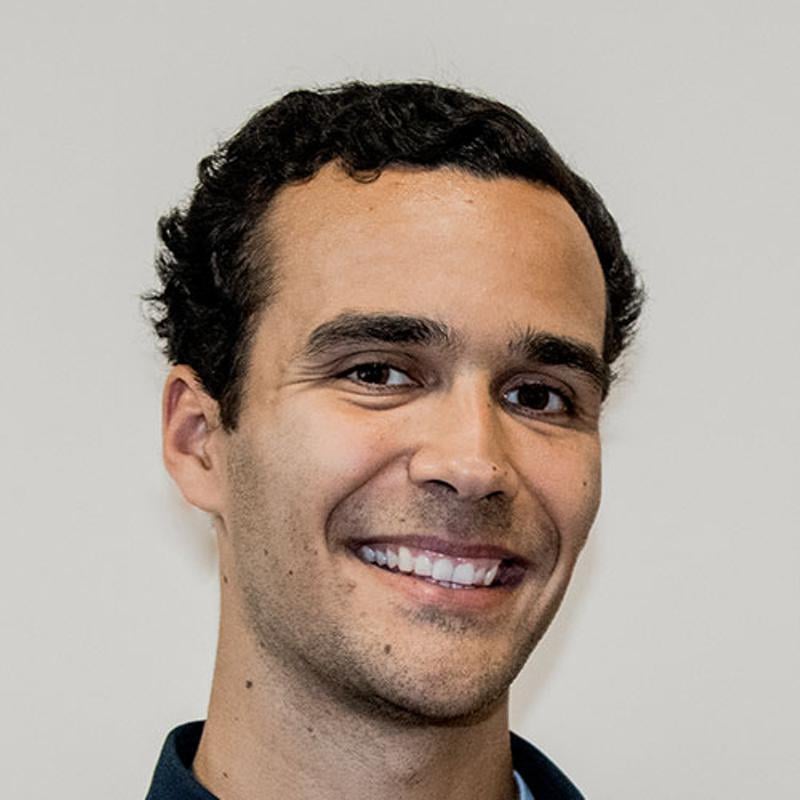
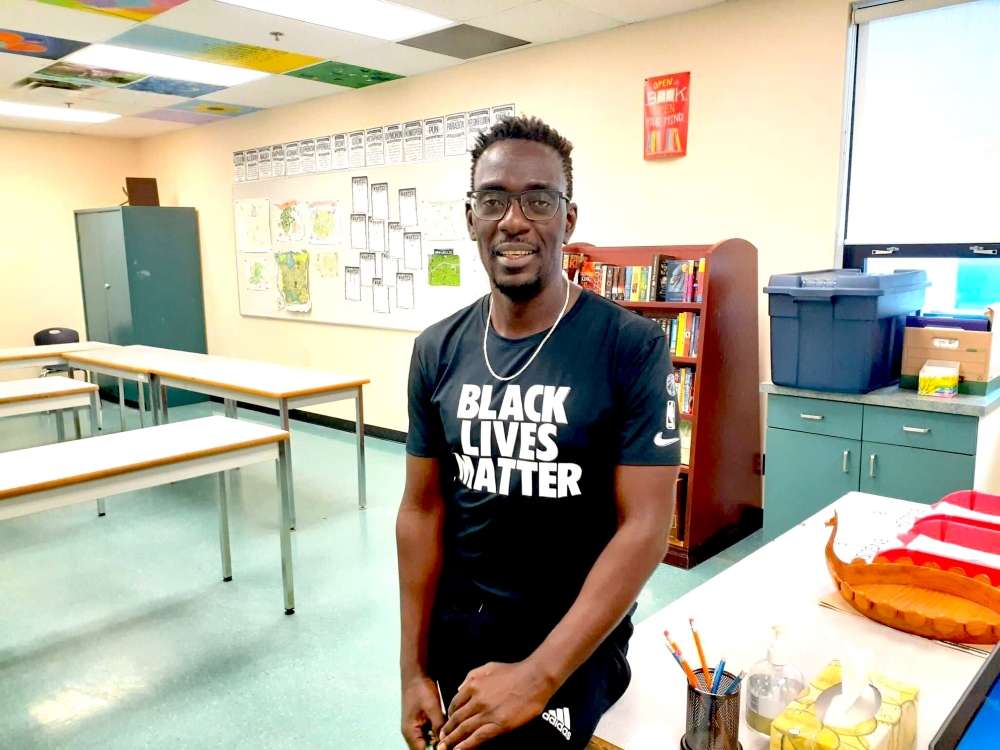












Tyee Commenting Guidelines
Comments that violate guidelines risk being deleted, and violations may result in a temporary or permanent user ban. Maintain the spirit of good conversation to stay in the discussion.
*Please note The Tyee is not a forum for spreading misinformation about COVID-19, denying its existence or minimizing its risk to public health.
Do:
Do not: